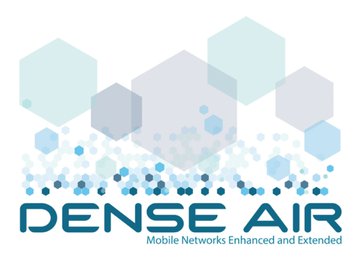Sidewalk Infrastructure Partners (SIP) has acquired Dense Air Network, a 'wireless infrastructure-as-a-service' company developing 4G and 5G "small cell" networks.
SIP, which is co-owned by Google parent Alphabet and the Ontario Teacher's Pension Plan, plans to add Dense to its CoFi shared broadband initiative.
SIP and Dense Air will "soon announce an inaugural US-based project that involves partnering with cities to increase coverage of high-speed wireless connectivity," the companies said, with a focus on expanding access for typically underserved communities, such as students without connectivity at home.
Dense Air works with cities and carriers to create plug-and-play active neutral host 5G small cell infrastructure. The company combines Open RAN infrastructure with Citizens Broadband Radio Service (CBRS) spectrum or licensed spectrum.
It currently has operations in Australia, Belgium, Ireland, New Zealand, Portugal, and the United Kingdom.
“The densification of cellular networks to complete the rollout of gigabit 5G services is an immense global challenge, both technically and commercially,” said Paul Senior, founder and CEO of Dense Air.
“Our unique shared infrastructure enables communities and carriers to build future-proof radio networks that are economically attractive and help solve digital divide problems that plague today’s 5G network builds. For mobile network operators, Dense Air’s technology enables efficient, economically-attractive, and robust network enhancement and extension.
"When paired with the CoFi public-private partnership model, our technology becomes a powerful tool for closing the digital divide through community-centered, sustainable fixed wireless networks.”
Jonathan Winer, co-CEO of SIP, added: “By expanding Internet access and opening up previously uncompetitive markets in partnership with new and existing service providers, we can give consumers more seamless and affordable coverage. We look forward to partnering with service providers, local governments, and other stakeholders to understand the unique needs of each community in which we operate. Like every other type of infrastructure, broadband has no one-size-fits-all solution.”





